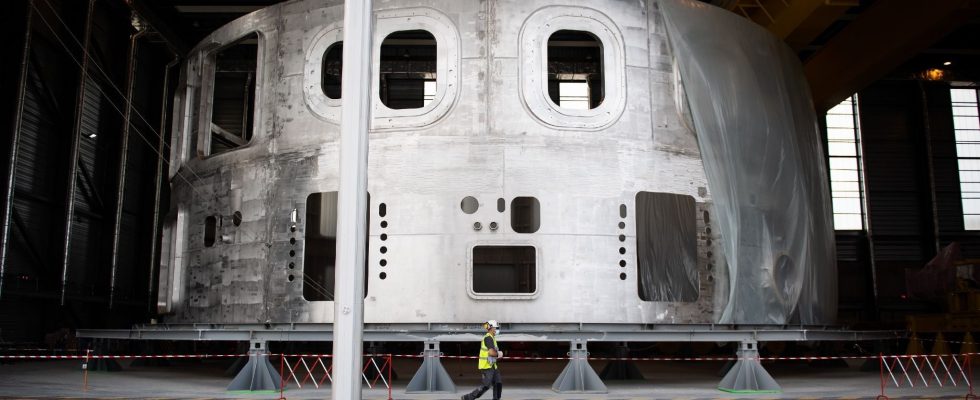The international experimental nuclear fusion reactor Iter, which aims to revolutionise energy production, will be delayed by at least eight years and its bill will increase by “billions of euros”, its director general Pietro Barabaschi said on Wednesday.
The date of the first production of plasma, essential for fusion, initially planned for 2025, has been postponed to at least 2033, and delays and repairs of defective parts will lead to additional costs, currently estimated at “five billion” euros, he indicated during a press conference to present the new schedule for this project, based in the south-east of France.
The latter provides for a deadline of 2036 for the production of “complete magnetic energy”, planned for 2033 in the initial calendar dating from 2016. During a board of directors meeting at the end of June, the partner member countries – China, South Korea, the United States, India, Japan, the European Union and Russia – accepted the continuation of the project according to this new calendar, the director specified.
The council has yet to decide on the request for additional funding, amounting to “five billion euros,” he said. This decision could be made at a future council meeting scheduled for November.
“There is a delay but we believe we are doing what is right to reach the goal with greater attention to risks and minimizing the total delay for the project,” insisted Pietro Barabaschi.
